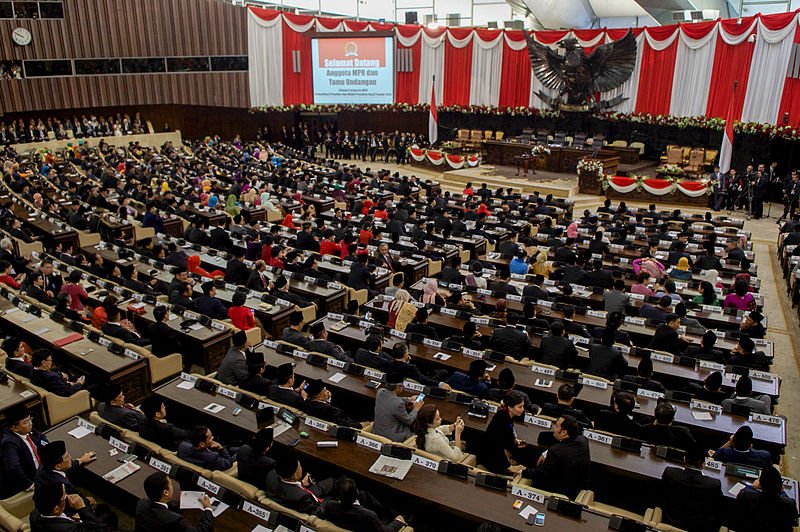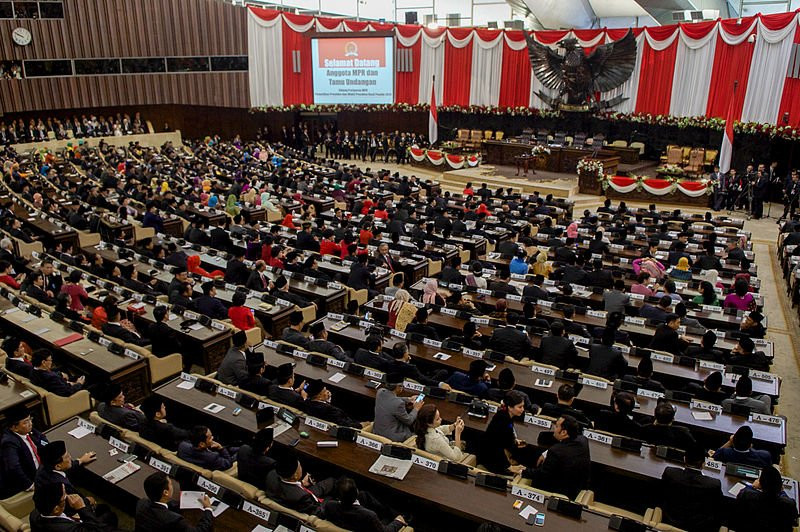
Indonesian lawmakers officially ratified the Indonesia-Australia Comprehensive Economic Partnership Agreement (IA-CEPA) last week and yesterday, President Jokowi and Prime Minister Morrison met in Canberra to formally give it the green light to move forward.
Although the IA-CEPA was signed in March last year, it still needed to be officially ratified by the parliaments of both countries before it could take affect. Australia did this in November and Indonesia ratified it last Thursday.
Business opportunities
Gapura Bali reported in November that the Australian Government’s Department of Foreign Affairs and Trade (DFAT) website said “Indonesia presents a significant opportunity for Australian businesses as it is one of the fastest growing economies in the Indo-Pacific … and IA-CEPA ensures that Australia is well-placed to deepen economic cooperation and share in Indonesia’s growth.”
DFAT suggests, “in addition to reducing non-tariff barriers to trade and simplifying paperwork, IA-CEPA will allow 99-percent of Australia’s goods exports to enter Indonesia duty free or with significantly improved preferential arrangements. All Indonesia’s goods exports will enter Australia duty free.”
Five pillars of cooperation
According to The Jakarta Post “the IA-CEPA is framed around five pillars of cooperation: enhancing economic and development partnership, connecting people, securing the region’s shared interests, maritime cooperation and contributing to Indo-Pacific stability and prosperity.”
A report published in the Australian Financial Review says “in addition to reducing or eliminating tariffs on a range of goods, the big hope for IA-CEPA is that it will encourage individual and enterprise-level entrepreneurship by pairing Indonesia’s market of 260-million people with Australian technical and professional expertise.”
Skill and knowledge exchange
Recent reporting by Gapura Bali suggests that in 2018 Australian investments in Indonesia were valued at more than USD 597-million and covered 635-projects and more than 400-Australian companies.
But maybe one of the most significant aspects for Indonesia is the reciprocal arrangement for skill and knowledge exchange into the areas previously off-limits as far as Indonesia was concerned, particularly in health and education.
“As part of an overall skills package, Australia and Indonesia have agreed to a reciprocal skills exchange, allowing people with tertiary level skill qualifications from both countries to gain six months of experience in the other’s market,” report The Jakarta Post.
You can read the IA-CEPA by following this link …
Sources: Gapura Bali, The Jakarta Post, Department of Foreign Affairs and Trade, Indonesia-Investments, Australian Financial Review
Adapted from an original post in Gapura Bali
#IndonesiaAustralia, #CEPA, #IACEPA, #TradeAgreement, #FreeTradeAgreements, #IndonesiaInvestment, #EconomicPartnership #SevenStonesIndonesia, #GoldenAge #Jokowi


